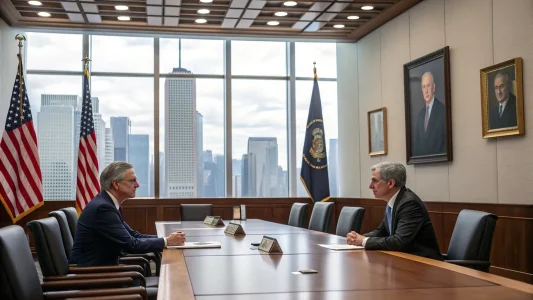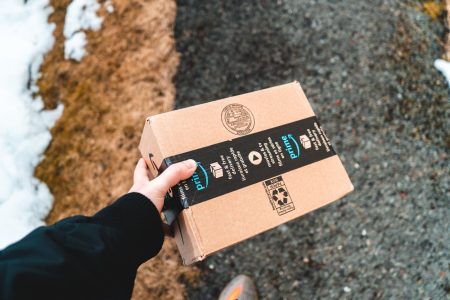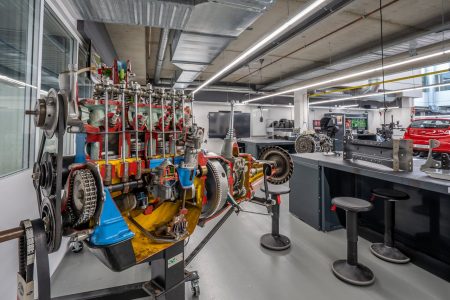India has suggested a limited zero-tariff framework for imports of steel, auto parts, and pharmaceuticals from the United States. The proposal describes reciprocal duty-free access, which Indian trade officials made during a recent visit to Washington. The discussions were private, but standard tariffs will be reinstated once that import threshold is reached.
India offers zero tariffs on auto parts and steel from the U.S.
The two countries hope to complete a partial trade agreement before the end of a 90-day moratorium on retaliatory tariffs that was put in place during President Donald Trump’s previous administration. Both parties look to settle long-standing trade disputes and achieve preliminary victories. Once that occurs, more extensive talks are expected to take place.
Speaking on Sunday, President Trump expressed optimism about impending trade breakthroughs. He implied that some deals could be announced soon despite persistent worries about a slowdown in the U.S. economy. India, South Korea, and Japan are among the top Asian economies actively seeking temporary agreements with Washington.
The proposal has not yet received an official response from India’s Ministry of Commerce and Industry. Before making the offer, trade officials conferred with domestic exporters. Industry leaders have backed the plan, pointing to how competitive Indian goods are globally. “We are comfortable with a zero-for-zero tariff deal,” said Pankaj Chadha, the Engineering Exports Promotion Council chairman. “Indian goods are highly competitive on pricing so that reciprocal tariff elimination won’t hurt our domestic industry.” The Ministry of Commerce reports that during the fiscal year 2024–2025, India exported $19.5 billion of engineering products and $10.5 billion of pharmaceuticals to the US.
U.S. requests quality from India
The U.S. has also requested that India address its Quality Control Orders (QCOs), which Washington considers non-tariff trade barriers, as part of the larger trade negotiations. Although they apply equally to domestic and foreign producers, these mandatory standards, which have increased from just 14 in 2014 to over 140 by 2024, have come under fire for their lack of transparency.
India has indicated that it is open to reevaluating QCOs in essential industries like chemicals and medical devices. A mutual recognition agreement has also been suggested to streamline market access, allowing both nations to accept one another’s regulatory procedures and product standards.
While it’s unclear whether the final agreement will include these suggestions, both parties appear eager to sign an initial deal. A deal would be a start and could lay the groundwork for a more comprehensive trade partnership.
Featured Image Credit: Studio Art Smile; Pexels: Thank You!















